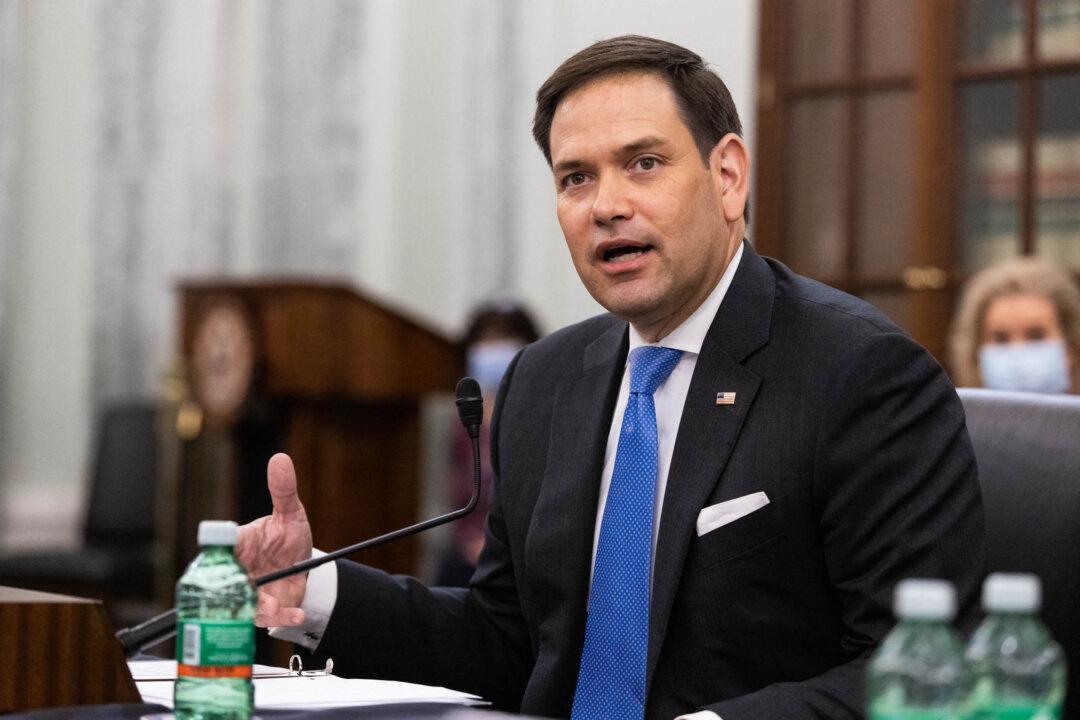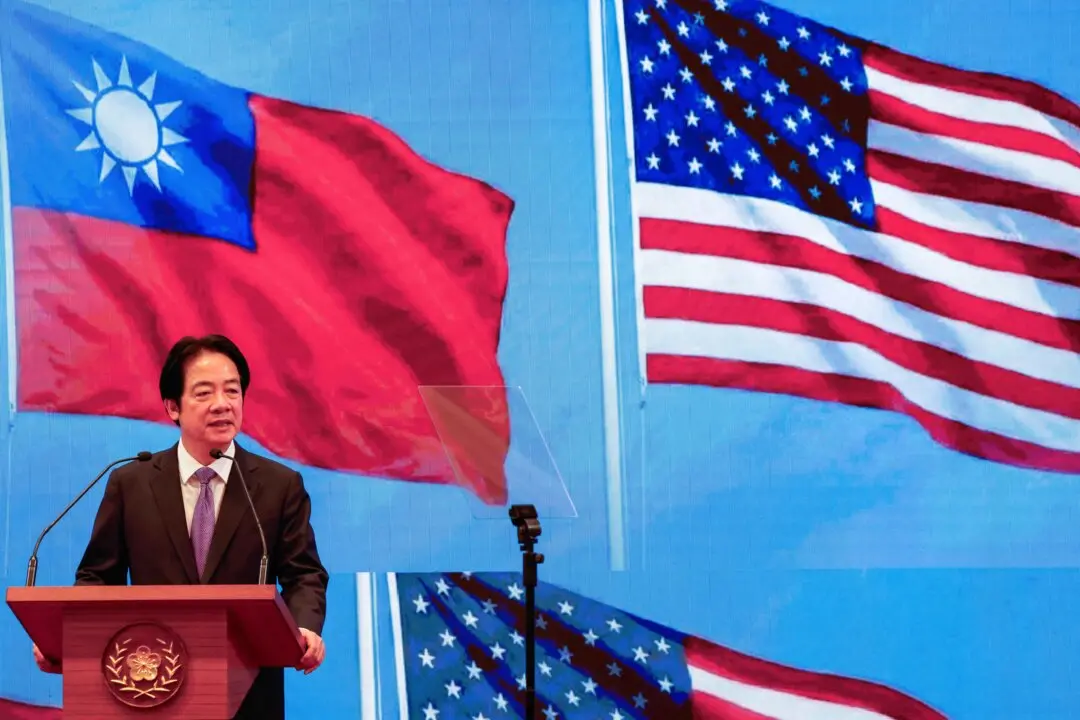U.S. Senate and House lawmakers recently reintroduced legislation that would deny visas to aliens who have committed espionage or stolen U.S. intellectual property—particularly those with ties to the Chinese Communist Party (CCP).
“We know that the Chinese Communist Party will spare no effort to steal from, and exploit, American companies and universities,” Sen. Marco Rubio (R-Fla.), one of the lawmakers who introduced the bill, stated according to a May 20 statement.




